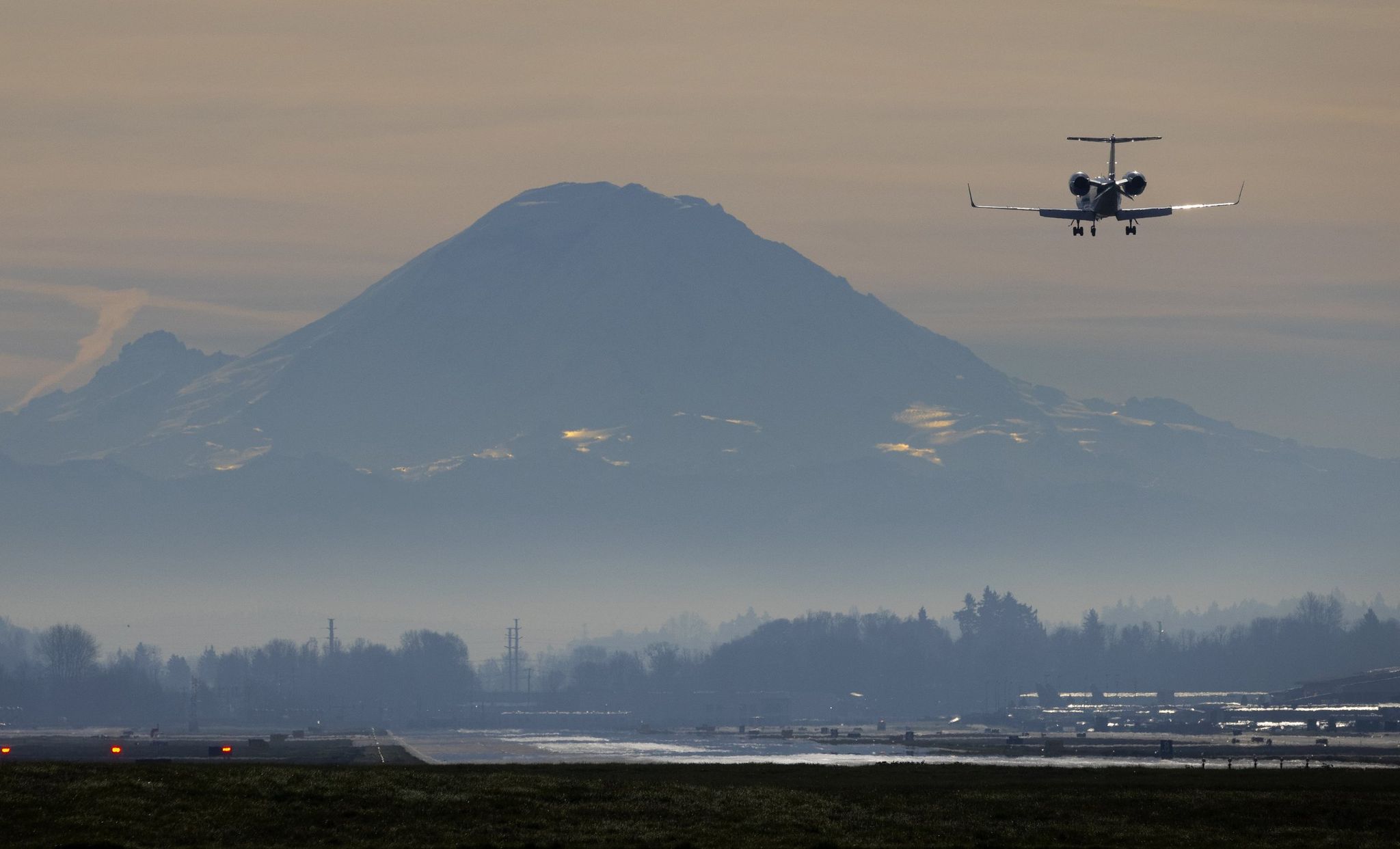
Christopher Elliott
Mar 7, 2022
Romeo Raabe won’t be taking a summer cruise this year. He was set to fly from Chicago to Amsterdam in August, then sail around the Norwegian fjords. But in the wake of the Russian invasion of Ukraine, he and his wife became nervous about traveling to Europe and decided they “didn’t feel comfortable” going through with the trip.
“With Europe contributing weapons to Ukraine, we thought there might be retribution from Russian President Vladimir Putin,” says Raabe, a long-term care planner from Green Bay, Wisconsin.
As the invasion continues, many American travelers are having similar misgivings.
“Just as things were getting back to normal after the relaxation of the COVID rules, the conflict in Ukraine has added a lot of uncertainty,” says Mahmood Khan, a professor in Virginia Tech’s hospitality and tourism management department. “Many travelers have already booked flights and cruises since they were feeling comfortable after a long stay under restrictions.”
Russia’s military action probably won’t affect many American travelers directly. Neither Russia nor Ukraine draw a significant number of tourists compared with other European countries. Pre-pandemic, Ukraine welcomed fewer than 15 million tourists a year, according to the World Tourism Organization. Russia drew about 25 million foreign visitors annually before COVID-19. About 1% of visitors to Ukraine are from the United States. By comparison, more than 60 million people a year visited Italy pre-pandemic, about 10% of whom were American.
Greg Pearson, chief executive of FocusPoint International, a risk-management company, says you should reconsider your summer vacation plans if you’re visiting Ukraine, Russia or any country that borders Ukraine.
“If you move forward with your travel plans, I would advise doing so with an abundance of caution,” Pearson says. “Make sure to stay up to date with any changes in threat dynamics that could impact personal safety and the ability to move about freely.”
How? When you are about to embark on your trip, check the State Department travel advisories to see whether there are warnings about your destination, says Joe Cronin, president of International Citizens Insurance. And if you have an insurance policy, make sure you’re aware of the State Department threat level.
“Many insurance plans will not provide evacuation assistance during times of terrorism or political unrest if your destination has a Level 3 or Level 4 warning before your departure,” Cronin says.
Some tour operators have already modified their itineraries to avoid the conflict. Ride and Seek, a bicycle touring company, normally offers two bike tours that feature Eastern European destinations: the “Napoleon” from Paris to St. Petersburg, Russia, and the “Iron Curtain” from Berlin to Budapest, Hungary.
“With the rise in tensions in Ukraine leading up to Christmas, we changed the [‘Napoleon’] endpoint to Tallinn, Estonia,” says founder Dylan Reynolds. “We still ride to the Russian border but then shuttle to Tallinn for the final evening.”
Travelers are avoiding the warring countries, at least for now. Greg Tepper, founder of luxury tour operator Exeter International, says business to Russia has “dropped to zero.” But at the same time, tours to the rest of Europe are selling briskly.
“Business to the Czech Republic, Austria, Germany and Switzerland is booming with pent-up demand,” Tepper says. “Travelers are beginning to be concerned about a potential refugee crisis in Poland, but we don’t imagine refugees interfering in leisure travel — even to Poland — this summer.”
Eman Abdur-Rahman is planning to visit Albania this summer despite the uncertainty.
“I don’t think the conflict will reach Albania,” says Abdur-Rahman, who runs a remote bookkeeping firm in Gaithersburg, Maryland. “The only hesitation would be if other military forces decide to join Ukraine. They tend to travel through Albania, as it has a port that historically has been used to reach that part of the continent.”
When should you consider canceling your summer vacation?
If it takes you anywhere near the invasion, says Michael Embrich, author of “March On: A Veterans Travel Guide.” Belarus, Moldova and eastern Poland could quickly get drawn into the conflict, he says.
But he doesn’t think it will spread so far that it will affect his European travel plans. “I’m going to Rome this summer, and I don’t plan to make any changes to my itinerary,” he adds.
Alan Fyall, the associate dean of academic affairs at the University of Central Florida’s Rosen College of Hospitality Management, predicts a tourist migration to Western Europe this summer. “It will benefit the traditional large-city destinations such as Barcelona, Paris, London and Amsterdam,” he says. “The likes of Prague, Budapest and cities in Poland will be quieter than normal.”
How do you ensure your trip doesn’t get derailed by a military conflict?
First, get the right travel insurance. A standard policy with named perils won’t cover fear of travel, says Narendra Khatri, principal of Insubuy, a travel insurance company. “‘Cancel for any reason’ travel insurance will be a smarter idea for travel to Eastern and Central Europe this year,” he says. It will reimburse between 50% and 75% of your prepaid nonrefundable expenses if you decide to cancel.
Another tip: Make sure you can cancel your European vacation with as few penalties as possible. That’s what Suzanne Spadafora, a dermatologist from Richmond, Virginia, did before she booked her summer vacation in Romania. She paid for her airline tickets on Turkish Airlines using frequent-flyer miles and ensured the rest of her stay had flexible cancellation terms.
Article first published at https://www.seattletimes.com/life/travel/should-you-cancel-your-european-vacation-during-ukraine-russia-war-travel-troubleshooter/


